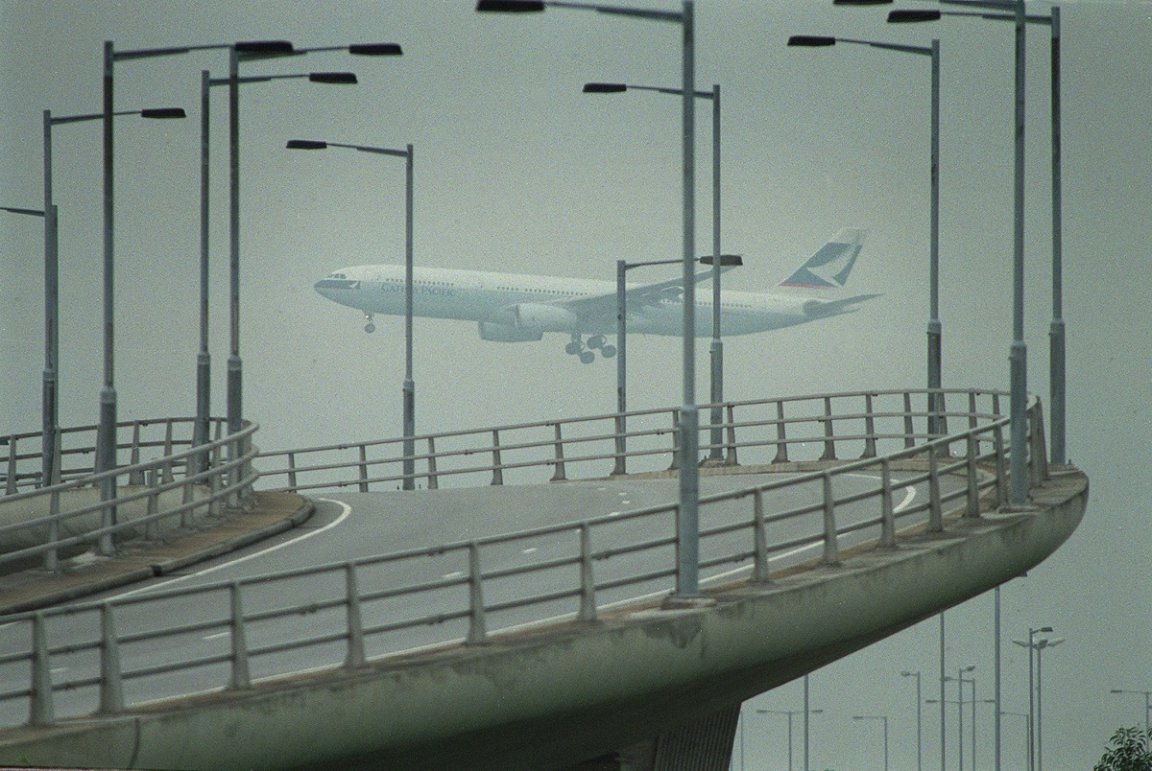
Regret Free
Gianluca Grimulda, an Italian scientist, decided to take a circuitous but low-carbon route from Kiel, Germany, to Bougainville Island, Papua New Guinea, where he was conducting research on climate change’s impact on the region.
Chiefly, that meant not taking a commercial flight — a vow he had long made to himself as a climate researcher, and one that his employer, the Kiel Institute for the World Economy, knew about.
But now, Grimalda says he’s losing his job because of his climate conscious decision.
Two weeks ago, he claims, the German think tank ordered him to return to Kiel within five days or be fired. It was impossible for him to get back in time without giving in to the convenience of an airliner — and still, he didn’t give in.
“Many people asked me if I regret not catching a plane to go back,” Grimalda told The New York Times. “And my answer is no.”
Slow and Steady
Grimalda’s research trip, which started earlier this year, was lasting longer than planned. It had hit a few snags, to say the least. A volcano erupted. He was kidnapped by bandits.
Even though Grimalda says the Kiel Institute had supported his slow travels before, this time they lost patience. More than a little harsh, given what would seem extenuating circumstances.
By Grimalda’s calculations, his climate-friendly route, which had him travel over 14,000 miles, emitted approximately 925 lbs of CO2. Taking a direct flight on the other hand, would have emitted over 5.8 tons. In this case, “slow” travel is 12 times more efficient.
What his slow travel looked like, as summed up by the NYT, was taking “five trains, nine buses, two ferries, two taxis, one shared car, one police convoy and, when there were no other options, two flights.” Not an easy endeavor — but one that Grimalda was absolutely committed to.
“I have been practicing conscientious objection to flying for more than 10 years,” Grimalda wrote in The Guardian. “Aviation is the biggest contributor to climate change of all forms of transport.”
Standing His Ground
Slow traveling wasn’t just about a promise to himself, however. Grimalda had also promised all the locals in Bougainville who helped with his research that he would keep his return trip low-carbon.
“White men (of whom I am one, as I am frequently reminded here) are often referred to as giaman — liars, fraudsters in Tok Pisin — probably with good reason given the country’s turbulent colonial past,” he wrote in The Guardian. “I do not want to be seen as giaman.”
Above all, from the way Grimalda puts it, airplane abstention might just be the sane thing to do.
“Many people tell me I’m crazy, that I’m not going to change anything,” he told the NYT. “To me it’s crazy to go on like a herd of sheep going toward the cliff without trying to sound the alarm.”
More on climate change: Scientists Perform “Health Check” on Planet Earth, Alarmed by What They Find